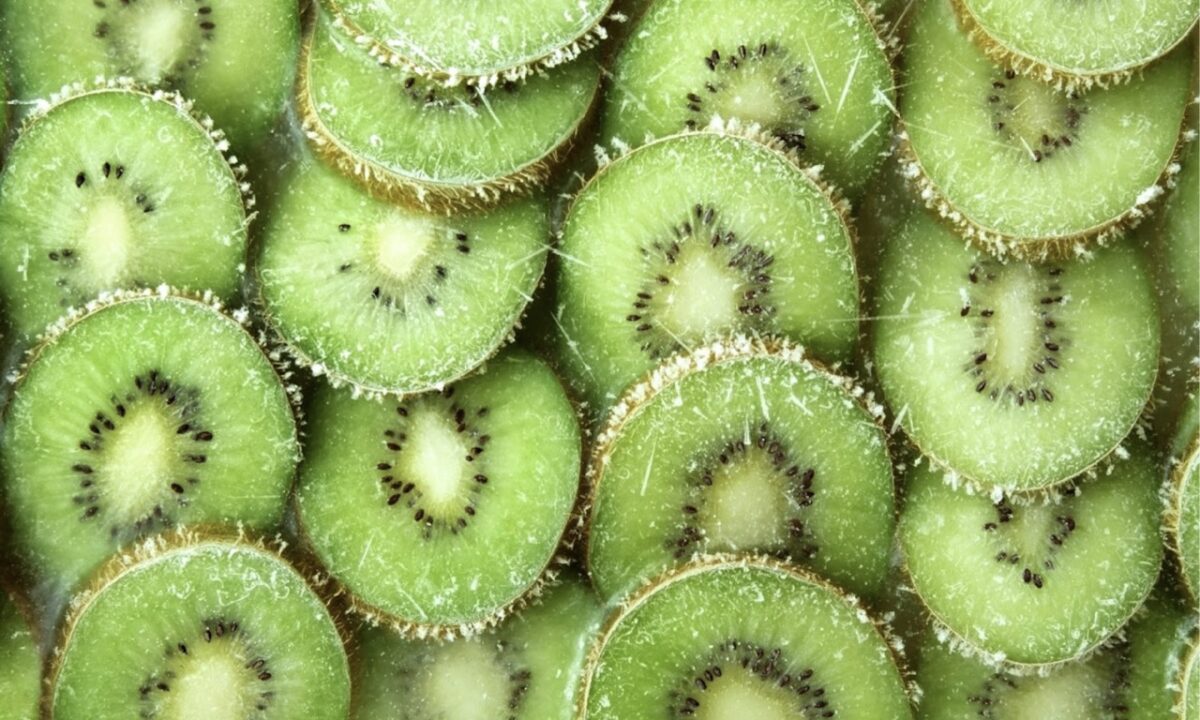Study Finds Japanese Sarunashi May Help Prevent Lung Cancer
How to prevent cancer through diet has always been a topic of concern. A recent study in Japan has shown that Japanese Actinidia arguta (also known as Japanese sarunashi fruit or hardy kiwi) can help prevent lung cancer. A paper published in the journal Genes and Environment on Dec. 9, 2022, showed that isoquercetin (isoQ) in the sarunashi fruit could eliminate the A549 lung cancer cells by blocking the PI3K/AKT signaling pathway to cell carcinogenesis and cancer proliferation. The study was conducted by a research team led by Sakae Arimoto, a professor at the Okayama University Graduate School of Medicine, Dentistry, and Pharmaceutical Sciences in Japan. They used a tobacco-specific compound, nitrosamine, 4-(methylnitrosamino)-1-(3-pyridyl)-1-butanone (NNK), to induce lung tumors in mice and then separated them into two groups: One group received sarunashi juice (experimental group), and the other group did not receive the juice (control group). The results showed that the number of tumors in the experimental mice group was significantly less than that of the control group. These findings suggest that sarunashi juice may enhance DNA methyltransferase and repair alkyl adducts of DNA, improving DNA damage repair and thus achieving anti-mutagenic effects. Sarunashi juice contains rich amounts of minerals and vitamins, such as calcium, phosphorus, potassium, vitamin C, vitamin E, and beta-carotene, which are effective for beauty, antiaging, and regulating intestinal function. Japanese Actinidia arguta is not the same species as the kiwi fruit originally from Australia. The sarunashi fruit has smooth skin, green color, a strong fragrance, is a little under 1 inch long (2 to 3 centimeters), and grows in higher altitudes in mountainous areas. The name sarunashi translates to “monkey pear” and is so named because it’s so delicious, it makes monkeys forget themselves.

How to prevent cancer through diet has always been a topic of concern. A recent study in Japan has shown that Japanese Actinidia arguta (also known as Japanese sarunashi fruit or hardy kiwi) can help prevent lung cancer.
A paper published in the journal Genes and Environment on Dec. 9, 2022, showed that isoquercetin (isoQ) in the sarunashi fruit could eliminate the A549 lung cancer cells by blocking the PI3K/AKT signaling pathway to cell carcinogenesis and cancer proliferation.
The study was conducted by a research team led by Sakae Arimoto, a professor at the Okayama University Graduate School of Medicine, Dentistry, and Pharmaceutical Sciences in Japan. They used a tobacco-specific compound, nitrosamine, 4-(methylnitrosamino)-1-(3-pyridyl)-1-butanone (NNK), to induce lung tumors in mice and then separated them into two groups: One group received sarunashi juice (experimental group), and the other group did not receive the juice (control group). The results showed that the number of tumors in the experimental mice group was significantly less than that of the control group.
These findings suggest that sarunashi juice may enhance DNA methyltransferase and repair alkyl adducts of DNA, improving DNA damage repair and thus achieving anti-mutagenic effects.
Sarunashi juice contains rich amounts of minerals and vitamins, such as calcium, phosphorus, potassium, vitamin C, vitamin E, and beta-carotene, which are effective for beauty, antiaging, and regulating intestinal function.
Japanese Actinidia arguta is not the same species as the kiwi fruit originally from Australia. The sarunashi fruit has smooth skin, green color, a strong fragrance, is a little under 1 inch long (2 to 3 centimeters), and grows in higher altitudes in mountainous areas. The name sarunashi translates to “monkey pear” and is so named because it’s so delicious, it makes monkeys forget themselves.












